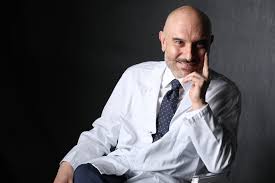

Gavazzeni Hospital, Bergamo, Italy
Prof. Alfonso Agnino is Chief of the Robotic and Minimally Invasive Cardiac Surgery Division at the Gavazzeni Hospital in Bergamo, Italy, where Alfonso has performed over 700 major surgical procedures on CPB, of which over 300 of minimally invasive surgery and 250 robotic surgery, during the period of 2019 – 2023. Alfonso completed his residency in cardiac surgery at the University of Bali and also at the Centre University Hospital (CHU) in Rennes, France. He then completed a fellowship in thoracic and cardiovascular surgery at CHU in Rennes until he moved onto becoming a cardiac surgeon and then Chief at S. Anna Hospital-Cantanzaro in Italy. Alfonso is also adjunct professor of cardiac surgery in the University of Torino, Italy.
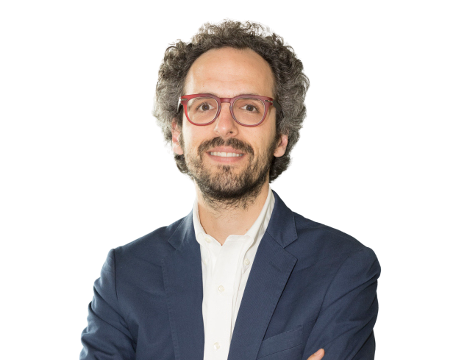

Hospital Clínic, Barcelona, Spain
Dr. Andreu Porta-Sánchez graduated in medicine from the Universitat de Barcelona in 2007 and completed his residency in cardiology at Hospital Universitari Vall d’Hebron in Barcelona (2008-13). Following his residency, he received a post-graduate training grant from «la Caixa» Banking Foundation and pursued further clinical and research training in arrhythmia at the University of Toronto (Canada) from 2014 until 2017. In December 2017 he obtained his fellowship in cardiac electrophysiolgy from the University of Toronto and decided to come back to his country of origin to pursue an academic career in cardiology. He obtained his PhD in ventricular tachycardia at Universitat de Barcelona (cum laude) in 2019 and after four years of leading the arrhythmia unit at Hospital Universitario Quirónsalud Madrid and teaching as an assistant professor of medicine at Universidad Europea de Madrid, he moved in early 2022 to Hospital Clínic de Barcelona, where he works in the arrhythmia unit. Since late 2017, he has been a research fellow at the Centro Nacional de Investigaciones Cardiovasculares Carlos III (CNIC) in Madrid in the Molecular Cardiology Laboratory led by Prof. Silvia Priori.
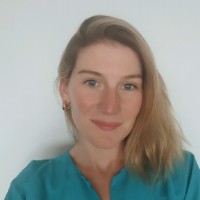

Hôpitaux de Paris, France
Dr Astrid Monier is a Congenital Cardiac Surgeon at Nantes University Hospital (France). She graduated in Medicine from the Université d’Angers and later completed her residency at Lille University Hospital. During her residency she graduated with a Masters Degree in Heart Biology, and completed additionnal training in valve repair at Cliniques Universitaires Saint Luc (Belgium). She went on to two years of fellowship in Congenital Cardiac Surgery at Hospices Civils de Lyon, and one year at Necker Sick Children Hospital in Paris. Her experience and skills range from neonates to adult congenital patients. She started a program of concomitant ablation of atrial fibrillation in congenital patients in 2023 and won the Most Challenging Case Award at Navigating the Maze that same year. Since then she advocates for arrythmia surgery as part of the standard of care that congenital patients should receive.
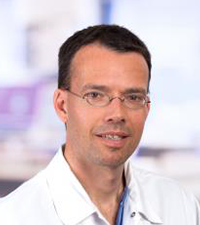

St. Antonius Hospital, Nieuwegein, the Netherlands
Dr. Bart van Putte graduated from the University of Antwerp in 2002 and earned his PhD from Utrecht University in 2003 on experimental lung surgery. He became a cardiothoracic surgeon in 2010, worked at Amphia Hospital (2011–2013), and has practiced at St. Antonius Hospital, Nieuwegein since 2013, where he leads the residency program. His clinical and research focus is minimally invasive mitral and AF surgery, including left appendage management. A proctor for thoracoscopic AF ablation since 2012, he has trained over 25 centers worldwide and contributed to the 2016 and 2020 ESC/EACTS Atrial Fibrillation Guidelines.
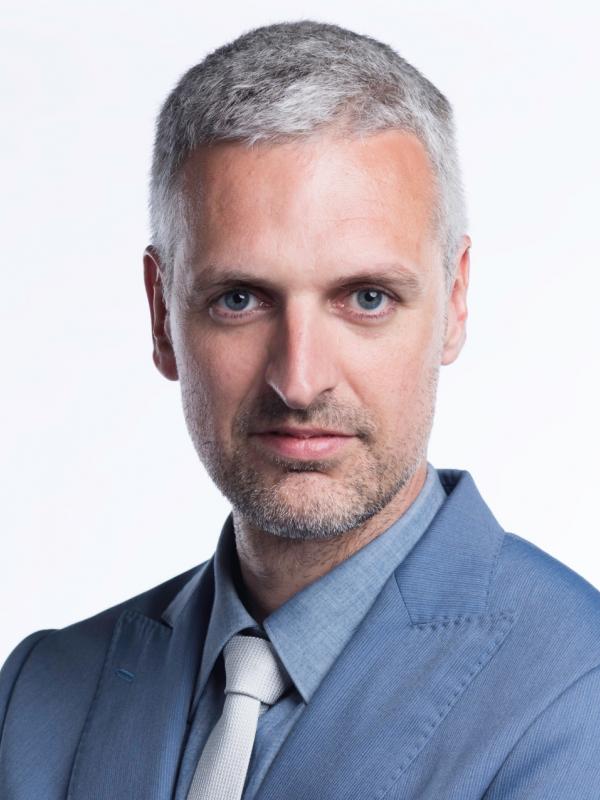

Maastricht University Medical Center (MUMC+), Maastricht, the Netherlands
Dr. Bart Maesen studied medicine at the University of Antwerp, where he also researched ischemia/reperfusion damage. He later joined Prof. Ulrich Schotten’s group at Maastricht University to study the substrate of atrial fibrillation and earned his PhD there in 2015. Trained as a cardiothoracic surgeon at Maastricht UMC+ and registered in 2017, his focus is on minimally invasive surgery, including Hybrid AF Ablation, rhythm surgery, and transcatheter valve interventions. He is a member of the EACTS Arrhythmia Taskforce.
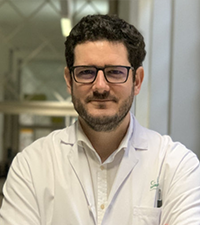

Hospital Clínic, Barcelona, Spain
Dr. Daniel Pereda completed medical school at the University of Barcelona and completed his residency in Cardiovascular Surgery at the Hospital Clínic of Barcelona. After his residency he completed two clinical fellowships at Mayo Clinic (Rochester, MD) and Johns Hopkins (Baltimore, MD) before joining the staff at Hospital Clínic of Barcelona in 2011. His main areas of interest are minimally invasive valve surgery, particularly mitral repair both thoracoscopic and robotic and surgery of congenital heart defects in adults.
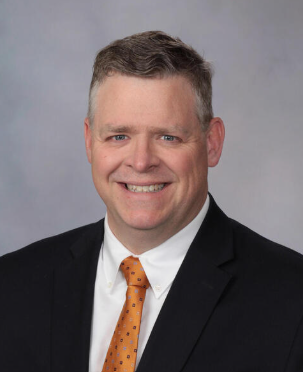

Mayo Clinic, Rochester, USA
Dr. David R. Holmes III, Ph.D., studies the methods by which health care researchers analyze and interpret large data sets. Health-related data is constantly being collected through the digitalization of medical records and the concordant interest in personal health monitoring. Because of this wealth of information, health care data makes up significant sectors of the big data industry, including in-hospital sensing, clinical reporting, medical imaging and home-based wellness. Health care data is large, diverse and often incomplete, and is difficult to analyze and interpret. Dr. Holmes is investigating new methods, which attempt to link disparate data sets and build computational models directly from the data. Research into data representation, signal processing, graph analytics and machine learning is yielding new and novel insight into basic biology and human health. To match the complexity of these algorithms and the magnitude of data, Dr. Holmes also studies the mapping of health care questions onto novel computational architecture.
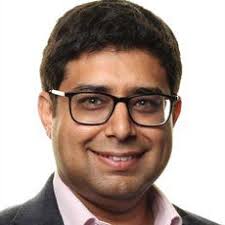

University of Birmingham, UK
Prof. Dipak Kotecha is a Cardiologist at the University of Birmingham specializing in cardiac imaging. Recipient of the 2018 British Cardiovascular Society Michael Davies Medal, he works with the European Society of Cardiology across 57 countries on education, trials, and guidelines. His research on heart failure and atrial fibrillation is supported by the NIHR, BHF, and EU. He leads initiatives on AI and digital health, including the cardAIc group and CODE-EHR framework, and chairs the 2024 ESC Guidelines on atrial fibrillation. He also holds leadership roles within the NHS and the European Heart Failure Association. He is Digital Trials Committee director for the newly awarded NHS West Midlands Secure Data Environment, Chair of the European Heart Failure Association Committee on Atrial Disorders, and co-leads the NIHR Birmingham Biomedical Research Centre theme on thrombo-inflammation.
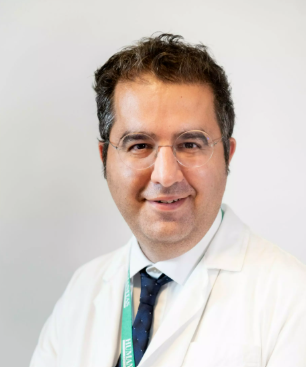

Gavazzeni Hospital, Bergamo, Italy
Dr. Eduardo Celentano is an experienced Chief of Cardiology with a demonstrated history of working in Cardiac EP. Skilled in Clinical Research, Medical Education, Medical Devices, Complex Cardiac Ablations, Lead Extractions, Life Sciences and Medicine. Strong professional graduated from Cardiovascular Center Aalst, Belgium.
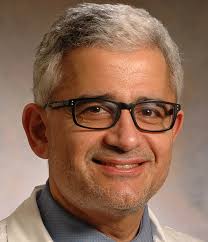

University of Chicago Medicine, Chicago, USA
Prof. Husam H. Balkhy, MD, is a pioneer in the field of minimally invasive and robotic cardiac surgery. He specializes in the treatment of coronary artery disease, heart valve disorders, atrial fibrillation and other cardiac diseases, using robotic and less invasive techniques in order to reduce pain, disability and recovery time. Through education, he empowers his patients to take an active and informed role in their care. Dr. Balkhy is one of only a handful of surgeons in the world with extensive experience in performing robotic totally endoscopic beating heart coronary bypass grafting (TECAB). He also has a large experience with robotic mitral valve surgery, robotic atrial fibrillation surgery and minimally invasive (port access) aortic valve surgery.
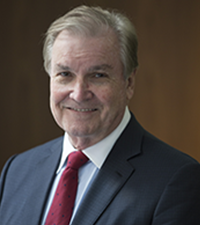

Northwestern University Medical Center, Chicago, USA
Prof. James Cox is best known for his work in the field of cardiac arrhythmia surgery and the development of the Cox-Maze Procedure for the treatment of AF completing the first “Maze” procedure in 1987. On January 1, 2017, Dr. Cox was appointed professor of surgery and surgical director of the Center for Heart Rhythm Disorders at the Bluhm Cardiovascular Institute, Northwestern University, Chicago, Illinois. Dr. Cox was the 81st president of the American Association for Thoracic Surgery (AATS), is a member of the editorial board of over 20 scientific journals, chairman of the Residency Review Committee for thoracic surgery, a director of the American Board of Thoracic Surgery, a member of the Surgical Study Section at the National Institutes of Health and a founding member of the following boards: Board of Directors of CTSNet, Board of Directors of the Thoracic Surgery Foundation for Research and Education and the Joint Council on Thoracic Surgical Education. He was elected to the Russian Academy of Science in 2005.
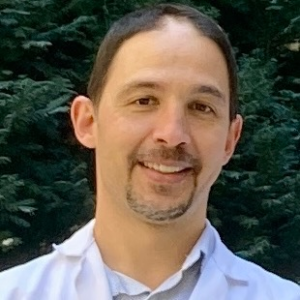

Hospital Clínic, Barcelona, Spain
Dr. Jorge Alcocer has been a cardiovascular surgeon at Hospital Clínic de Barcelona since 2019. He completed his residency in cardiovascular surgery at the Hospital Clínico de Valencia. From 2010 until 2018, Dr. Alcocer was a surgeon in the cardiovascular surgery department in the Hospital Universitario del Vinalopó. He completed his fellowship at the European Board of Cardiothoracic Surgery in 2020.
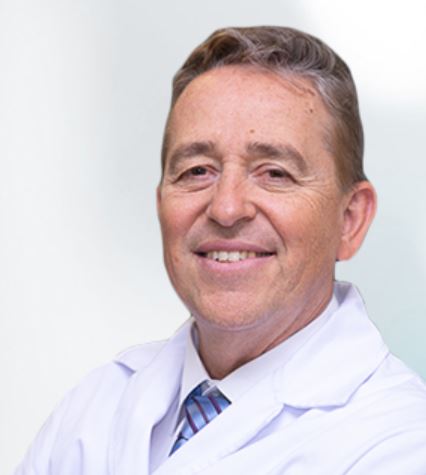

La Paz University Hospital, Madrid, Spain
Prof. Jose L Merino is director of the Arrhythmia– Electrophysiology Research Unit at La Paz University Hospital in Madrid. His research focus is the clinical management of arrhythmia and interventional electrophysiology, and he has published more than 100 peer-reviewed journal articles. He is also involved in the development of pre-market-release versions of electrophysiology navigation systems. Dr Merino is past president of the Working Group on Arrhythmia and chairman of the Accreditation Committee of the Spanish Society of Cardiology. He is also past chairman of the Accreditation Committee of the European Heart Rhythm Association (EHRA) of the European Society of Cardiology (ESC), a member of the organizing committee of the past and next Europace congresses and a member of the EHRA’s Scientific Initiative Committee. Dr Merino serves on the editorial board of several journals, including EP-Europace and Revista española de cardiología, and is a fellow of the ESC and an honorary member of the Argentinian and other Latin American societies of cardiology.
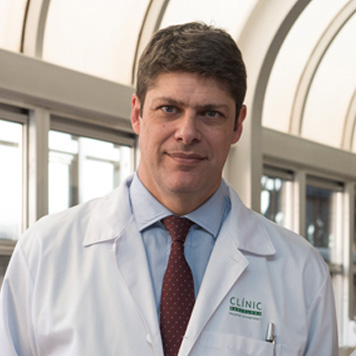

Hospital Clínic, Barcelona, Spain
Dr. Manuel Castella is a cardiovascular surgeon, head of the Cardiovascular Surgery Department at the Hospital Clínic, University of Barcelona. The department is a national referral for complex mitral repair including robotic, pulmonary thromboendarterectomy, hypertrophic cardiomyopathy and adult congenital heart disease. Among all types of cardiac surgery, Dr. Castella’s main interest and fields of research are AF surgery and pulmonary thromboendarterectomy. He has co-led trials in thoracoscopic AF ablation and he has been member of the ESC/EACTS Committee for the development of the Guidelines for Atrial Fibrillation Management in 2016 and 2020. Since 2018, Dr. Castella is the chairman of the Arrhythmia Surgery Task Force of EACTS. His interests are port-access mitral repair and other types of minimally invasive surgery.
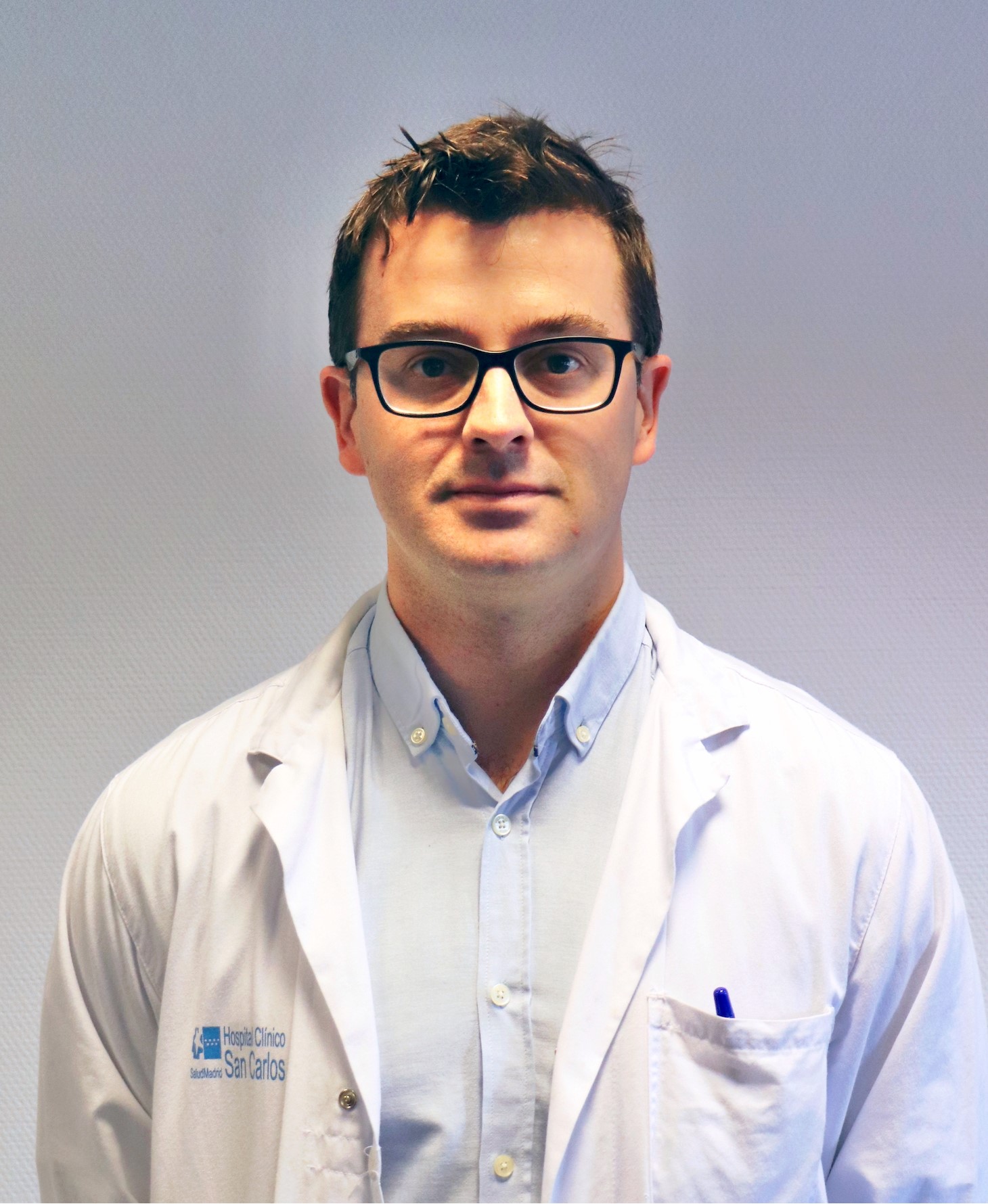

Hospital Clínico San Carlos, Madrid, Spain
Dr. Manuel Carnero is an Adult Cardiac Surgeon at the Hospital Clínico San Carlos in Madrid, Spain. His expertise is in arrhythmia surgery, minimally invasive procedures and heart failure treatment. Manuel is a Member of the scientific committee of the Spanish National Registry of Cardiovascular Surgery. Manuel has a Postdoctoral master’s degree in Research Methodology and Statistics and is a statistical reviewer for EJCTS and ICVTS as well as a Member of the editorial board of Revista Española de Cardiología. Manuel has a postdoctoral master’s degree in clinical management and is the Quality Manager of the Cardiac Surgery Department at the Hospital Clínico San Carlos. Manual also has a postdoctoral master’s degree in echocardiography. Manuel is also a member of EACTS and the Spanish Society of Cardiology, is General Secretary of the Spanish Society of Cardiovascular and Endovascular Surgery, and Investigator for the Spanish National Center for Cardiovascular Research (CNIC). Manuel has authored 95 manuscripts as first author or collaborator. ORCID ID: 0000-0001-5045-576.
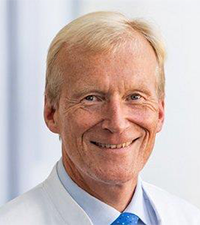

Schüchtermann Klinik, Bad Rothenfelde, Germany
Since April 2020, Prof. Nicolas Doll holds the post of Medical Director of Heart Surgery at Schüchtermann Klinik, Bad Rothenfelde, Germany. His fields of interest include surgical ablation of AF, pacemaker, defibrillator, biventricular stimulation, OPCAB surgery, minimally invasive valve surgery, and diving medicine. Prof. Doll has extensively published on different aspects of atrial fibrillation and was the PI of the CEASE-AF trial, a landmark study in hybrid ablation. He has trained hundreds of surgeons around the globe in different surgical techniques of AF ablation and LAA management and leads one of the biggest training centers in Europe.
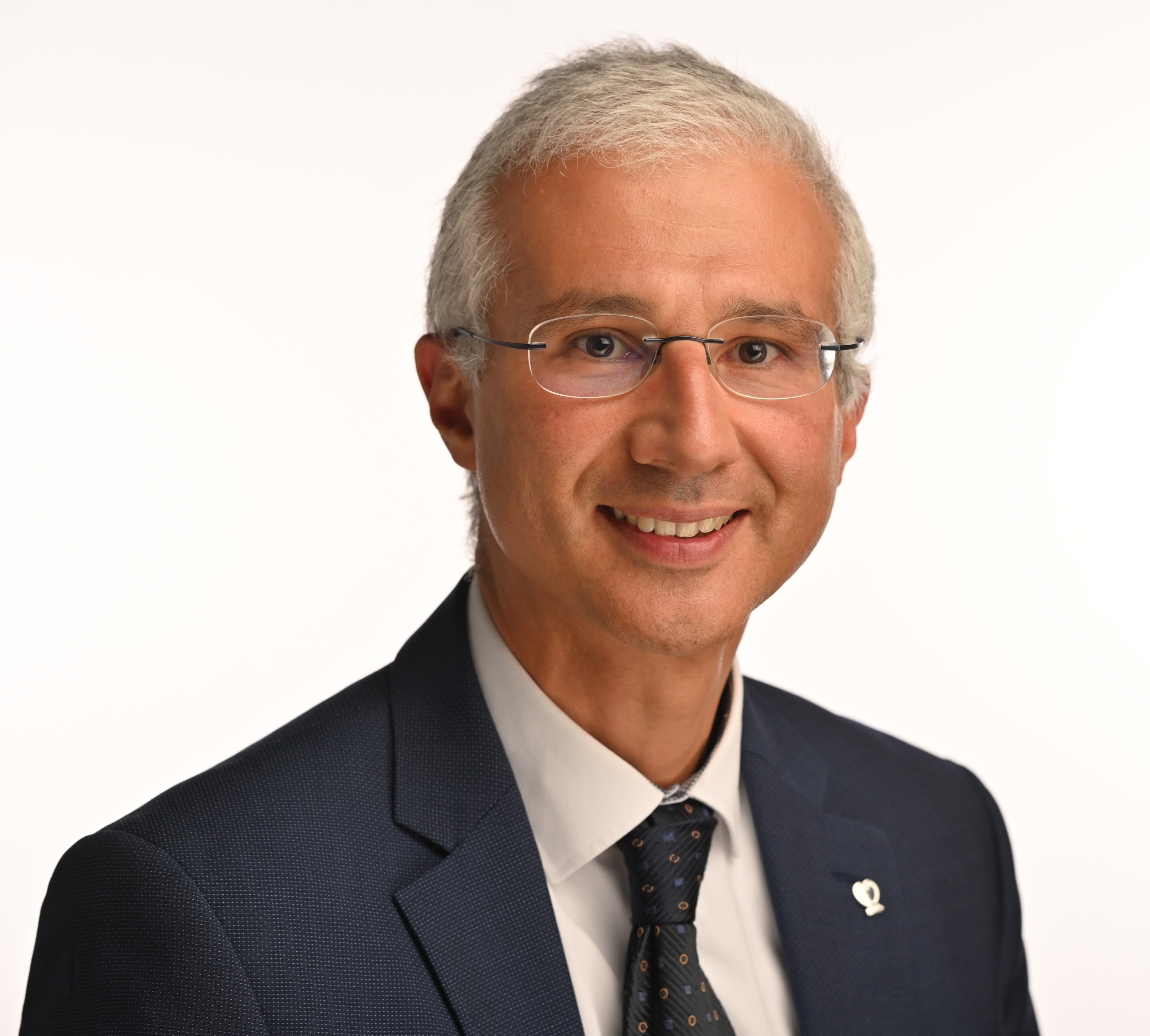

Medical University of Innsbruck, Austria
Dr. Nikolaos Bonaros was born in Athens, Greece, graduated from the University of Ioannina and holds a PhD and a Master of Health Economics from the London School of Economics. In addition he accomplished a Second Level Master in Minimally invasive Cardiac Surgery from the University of Pisa. He completed his training at the University of Vienna and Innsbruck and performed stem cells therapy research at the Columbia University in New York. He is currently leading the endoscopic and transcatheter program for structural cardiac diseases in Innsbruck and is co-chairing the heart transplant program. His clinical research interests include coronary and mitral valve surgery, and his team focuses on biomarkers and implementation of novel technology for the treatment of cardiovascular disease.
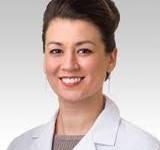

Northwestern University, Chicago, USA
Dr. Olga N. Kislitsina, MD, PhD, is a Research Associate Professor at Northwestern University - The Feinberg School of Medicine. She received her Doctor of Philosophy from Moscow University School of Medicine. Her research interests are Cardiology, Atrial Fibrillation, Heart Failure, Echocardiography, Myocardial Infarction, Hypertension, Cardiac Function, Cardiovascular Medicine, Atherosclerosis, and Blood Pressure.
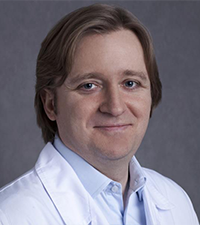

Central Teaching Hospital of the Ministry of the Interior, Warsaw, Poland
Prof. Piotr Suwalski is head of the Cardiac Surgery Clinic at the Central Clinical Hospital of the Ministry of Interior and Administration in Warsaw. He’s also a member of the prestigious group Cardiovascular Nucleus, European Society of Cardiology. Prof. Suwalski, as the author of over 200 publications in national and foreign journals, is a valued cardiac surgeon, committed scientist and a teacher devoted to scientific work. He is honored with many awards, including the NOW POLSKA NOW Award for cardiosurgical treatment with the use of minimally invasive techniques.
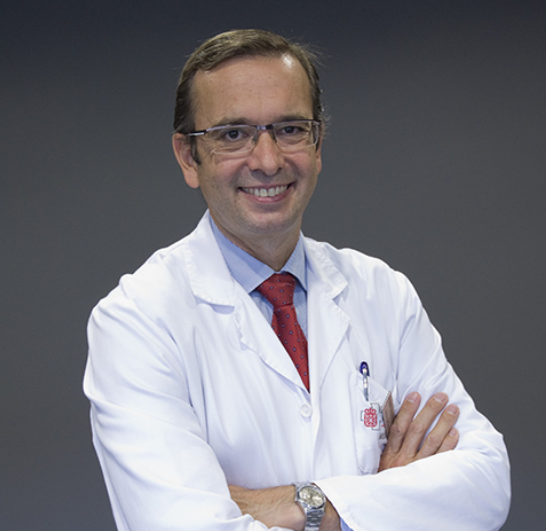

Navarra University Hospital, Pamplona, Spain
Dr. Rafael Sádaba graduated in Medicine and Surgery from the University of the Basque Country (Bilbao, Spain) and completed his basic and advanced training in Cardio-Thoracic Surgery at the Leeds General Infirmary (Leeds, UK), East Yorkshire Hospitals (Cottingham, UK) and the Sir Charles Gardner Hospital (Perth, Australia). During his training, he was awarded a Master’s Degree in Science by the University of Leeds. Subsequently he was awarded a PhD degree by the Public University of Navarra for his work on degenerative aortic valve disease. Dr Sádaba is currently Chief of Cardiac Surgery at the Navarra University Hospital and Associate Professor of Surgery at the Public University of Navarra in Pamplona (Spain). He is Area Coordinator (Cardiovascular and Renal Diseases) at the Health Research Institute of Navarra (IdiSNA). His research interests have focused on the surgical pathology of the heart valves.
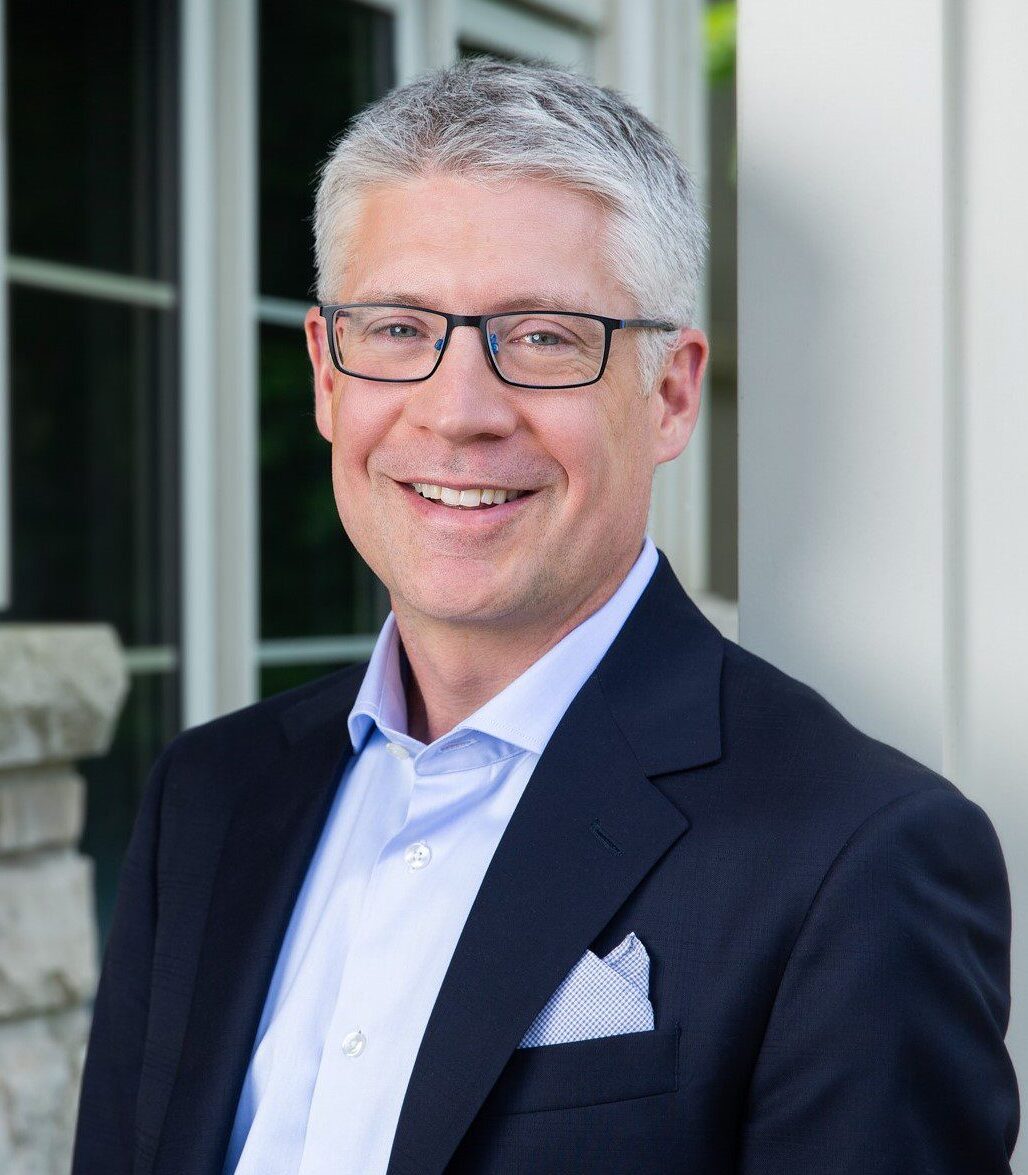

McMaster University Medical School, Hamilton, Canada
Prof. Richard Whitlock is a Canadian cardiovascular surgeon and a professor of surgery at McMaster University Medical School. Dr. Whitlock joined the Department of Cardiac Surgery as an assistant professor in 2012. He also became a principal investigator (PI) at the Population Health Research Institute at the same time. He is most well known for being the PI of the SIRS (Steroids in Cardiac Surgery) trial and the LAAOS III (Left Atrial Appendage Occlusion Study) trial, a trial to determine the effectiveness of left atrial appendage occlusion during cardiac surgery in patients with AF.
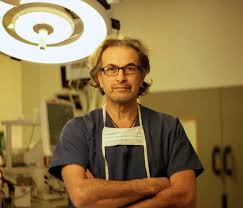

Papworth Hospital, Cambridge, UK
Dr. Samer Nashef qualified in medicine at the University of Bristol in 1980 and trained in cardiac surgery in the UK and Bordeaux, France. Appointed consultant at Royal Papworth Hospital in 1992, he specializes in minimally invasive coronary bypass, mitral repair, AF surgery, and aortic root procedures. His research focuses on measuring and improving surgical quality, leading national and international projects. He is also the author of The Naked Surgeon and The Angina Monologues, both published by Scribe.
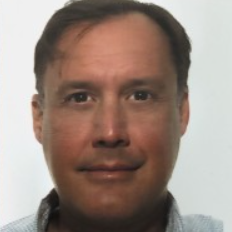

Santa Chiara Hospital, Trento, Italy
Dr. Stefano Branzoli graduated in Medicine and Surgery from the University of Pavia in 1997, where he also completed his specialization in Cardiac Surgery . He specializes in minimally invasive cardiac procedures, with particular expertise in the surgical treatment of atrial fibrillation, stand alone left appendage exclusion in patient with controindications to anticoagulation, mitral and aortic valve repair, and coronary artery bypass grafting.
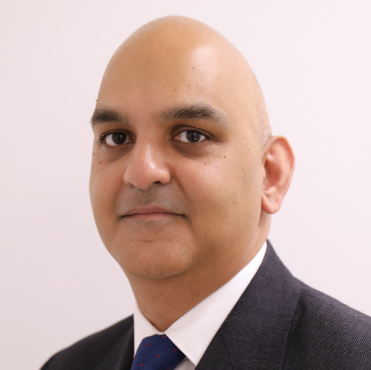

Bart’s Heart Centre, London, UK
Dr Ahsan graduated from Guys Kings and St Thomas’ Medical School in 2000 with a First Class Honours degree in his BSc. He undertook his cardiology specialist training at various prestigious hospitals in London, where he has worked with world-renowned experts. These include the Royal Brompton Hospital, Great Ormond Street Hospital, and the Heart Hospital, where he undertook his fellowship in Cardiac Electrophysiology. His postgraduate medical doctorate was awarded from University College London and evaluated strategies to optimise outcomes in patients with cardiac rhythm devices. His research work was awarded the Royal Society of Medicine National Prize in 2009 and was presented nationally and internationally at cardiac conferences. He has been a finalist in two national young investigator awards. In his current role, our heart specialist Dr Ahsan sees and treats many different cardiology conditions. He is a highly-experienced operator. He routinely implants all types of cardiac pacing resynchronisation and defibrillator devices. Dr Ahsan also performs ablations for arrhythmia and coronary angiography. He also sees and treats patients with blackouts, chest pains, and high blood pressure.